#Lexus
Report: Lexus LFA Replacements on Way
Autoblog is reporting that Lexus has not one, but two cars in the works to replace the supercar LFA.
And one is, of course, an EV.
Electric Lexus: Luxury Brand Teases Its BEV Sports Car - Again
If there’s one thing on which car manufacturers can be relied upon to do, it’s to release information about hotly anticipated vehicles in dribs and drabs. Rare is the occasion when all hands are totally surprised – though it does happen. Witness when the then-new Ford GT rolled out on a frigid Detroit stage in 2015.
Lexus is doing no such thing with its bevy of upcoming BEVs, a range that could include an all-electric spiritual replacement for the LFA.
Don't Need No Stinkin' Badges: Lexus to Drop Logo, Add Billboards
Well, at least on the rear of their vehicles. According to a recent interview with another industry outlet that rhymes with Rotor Blend, the Lexus brand will begin appending chrome-plated L E X U S billboards to the rumps of their vehicles instead of the famed round stylized ‘L’ logo, a badge which will continue to appear on steering wheels and enormous grilles.
Quantum Leaps: 1997 Lexus LS600h L
When Toyota first entered the high-end American luxury market with the Legendary Lexus LS400 and ES250 in 1989, it wasn’t a forgone conclusion that it would succeed. Automotive buff books of the era wrote articles questioning whether or not the yuppies would be willing to trade in their BMWs and Mercedes for a Japanese luxury car. Some even questioned whether the Japanese could be trusted to build a V8 at all, such was the xenophobic belief that a V8 luxury sedan was inherently a Teutonic thing.
A few decades on, it’s obvious that Lexus could compete successfully against BMW and Mercedes – but Toyota approached the market cautiously with its first cars, nibbling away at the S class and, later, the 190E and 3 series markets. What if it hadn’t? What if, instead of going down, Lexus had had the stones to go up? In today’s episode, our Automotive Sam Beckett travels back in time to convince Toyota that the V12 powered Century would make the perfect flagship for Lexus, and bring a vulnerable Mercedes-Benz to its knees.
On Decisions, Consequences, and Being 'That Guy'
We are constantly making decisions as we all hurtle through this life toward a destination unknown.
Sometimes these decisions turn out to be the “correct” decision, however “correct” is defined within the relevant context. Sometimes it’s the opposite.
The problem is that while the outcome of our decisions is sometimes obvious – I know when I order that one more beer that I’m kicking a payment of minor pain down the road to tomorrow – sometimes, the outcome isn’t foreseeable. Especially when you’re making a decision that feels correct at the moment (and defensible in hindsight), and yet a nasty surprise is just seconds away from smacking you in the face.
In other words, sometimes you make a decision that seems correct, seems low risk, one that others would agree with – and it still all goes to hell.
2022 Lexus LX 600: Return of the Toyota Land Cruiser
When Toyota announced that the Land Cruiser wouldn’t be coming back to the United States, off-road people shrugged and got back into their clapped-out 4Runners. Despite being incredibly capable wherever pavement is in short supply and having a pedigree that rivals Jeep’s Wrangler, the Land Cruiser is a prohibitively expensive vehicle. Toyota’s penchant for overbuilding vehicles merged with the model’s luxurious bent, resulting in a product that retailed at $87,030 before adding a single option, and sales volumes reflected this.
It was just too rich for most Americans and sales suffered as a result. But Lexus has confirmed the Cruiser-based LX will be returning and recently teased the new model’s next-generation online. While the manufacturer hasn’t confirmed that the 2022 Lexus LX 600 will be a rebadged version of Toyota’s off-road emperor, literally every generation of the LX series has been.
Rare Rides: A Very Luxurious Camry, the 1990 Lexus ES 250
Today’s Rare Ride was the only other car accompanying Lexus’ LS 400 at dealerships in 1990 and 1991. The fanciest Camry offered in the US, it was a badge conversion from a Camry sold in the Japanese market.
But consumers saw through the charade, so while the high-effort LS 400 flew off the showroom floor, the minimal effort ES just sat there.
Where Your Author Considers Many Impractical Used Car Suggestions (Part II)
I’m back with more boring used car content, a topic some of you apparently despise with a passion. Caution: More used-car discussion ahead, get out while you still can if this is the case! For the rest of you, let’s review the impractical car suggestions you’ve made that earned a spot on the Yes, I Like list.
Where Your Author Considers Many Impractical Used Car Suggestions (Part I)
Today’s article is a follow up to the one from about a week ago, wherein I outlined my current used car shopping idea: something fairly impractical with two doors. The article racked up 195 comments thus far, and I’ve read them all and taken notes.
Let’s get down to your suggestions. First up are the cars I won’t be considering.
Where Your Author Considers Purchasing Something Less Practical
It’s been a few weeks since I sold the Golf Sportwagen back to the dealership from whence it came, and it’s still there if any of you would like a very clean Golf with no present water issues. Since then, I find myself peering out the kitchen window at the empty driveway space where the Golf used to reside. And it makes me have many thoughts, impractical thoughts.
2021 Lexus LC Convertible Review - Open It Up In Style
What if I told you one of the best old-school muscle-car convertible experiences available today came not from a Detroit 2.5 automaker but Lexus?
That may sound crazy, but it’s true.
Rare Rides: A 1992 Lexus LS 400 in As-new Condition
Rare Rides featured its first Lexus recently, the SC 400 which stood as the brand’s first coupe offering. Today we’ll check out the more important flagship of the Lexus brand upon its introduction in the early Nineties: the LS 400.
Two-year Update: Your Author's 2015 Lexus GS 350
Believe it or not, two full years have passed since I took the very long and fairly rushed journey from Cincinnati to Austin to purchase the 2015 Lexus GS 350. After the fly-then-drive non-holiday trip, it was time to settle into some routine ownership and driving. Routine might be the wrong word though, as within a year the scope of “routine” changed considerably. Want to guess how many miles it’s accumulated over the past couple of years?
Rare Rides: The 1999 Lexus SC 400, Predecessor to The Lame One
You know what? The Rare Rides series has never before featured a Lexus vehicle. The other day, a helpful commenter provided a link to an extra clean SC 400 for sale, so here we are with our first Lexus installment of Rare Rides.
Lexus Makes a Point About Distracted Driving
Last week, Lexus launched a viral marketing campaign — that also makes for an excellent public service announcement — about how stupid it is to check your phone while driving. But it has only just started getting the kind of attention it deserves, now that some of the contentious regulatory news has subsided.
The automaker modified a Lexus NX crossover with an electrochromic film that can totally obfuscate the glass for 4.6 seconds — which is the average length of time a person looks at their phone while driving, according to the National Highway Traffic Safety Administration (NHTSA). It then invited people to take the car for a “test drive” while it made a point about distracted driving. While an overt publicity stunt, it was rather effective and addresses one of our biggest concerns in terms of automotive safety. Lexus simply showcased a bunch of morons with phones in an interesting way, highlighted the danger, and then got off its podium.




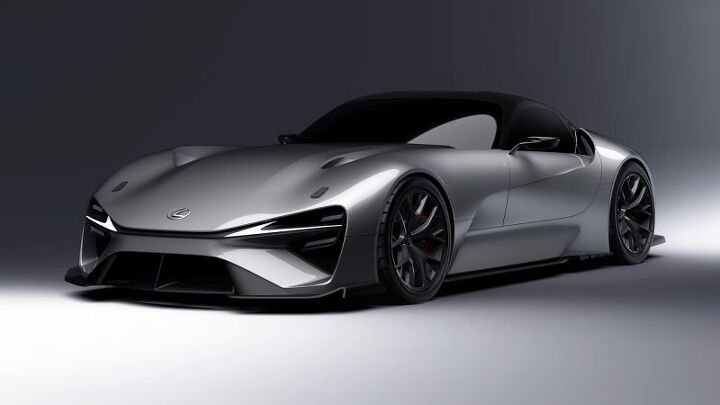
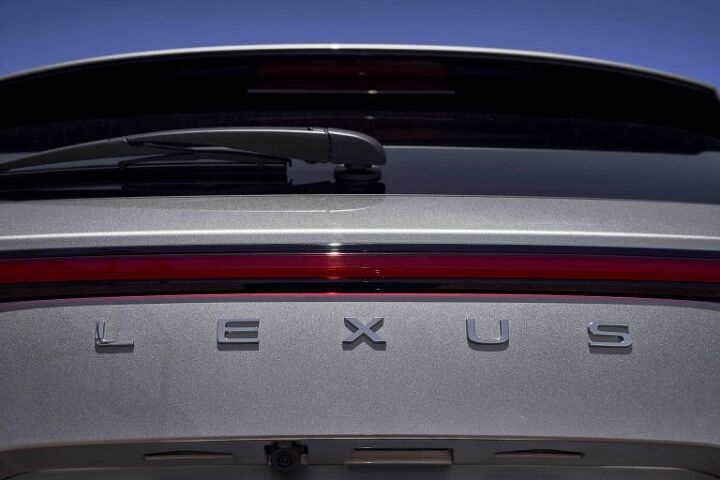
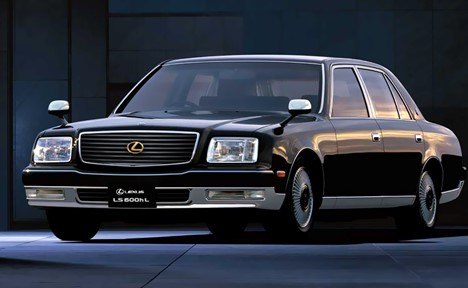

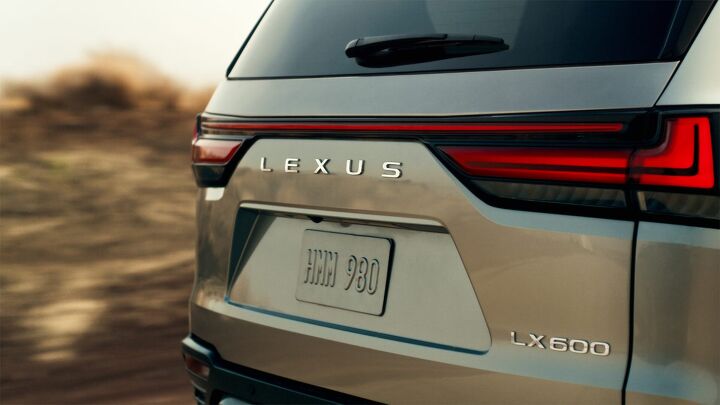
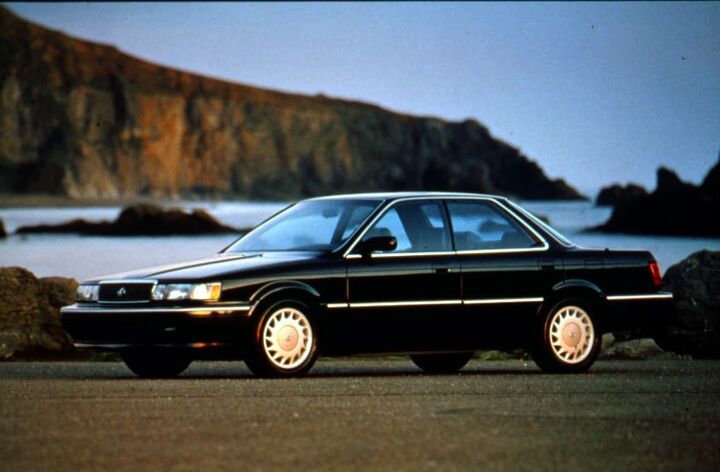

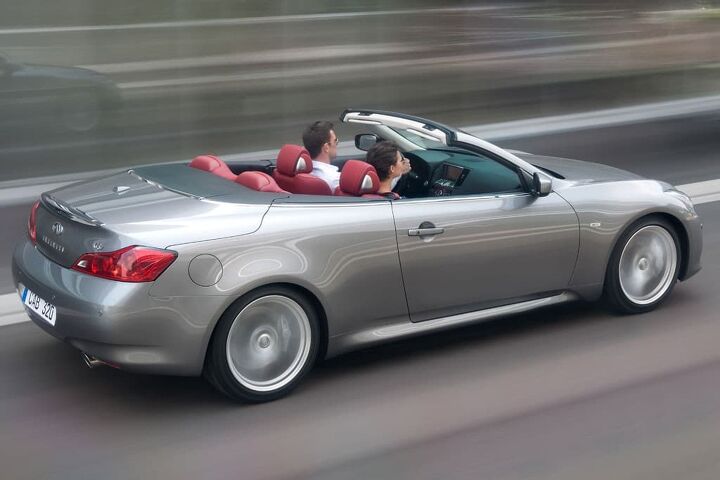


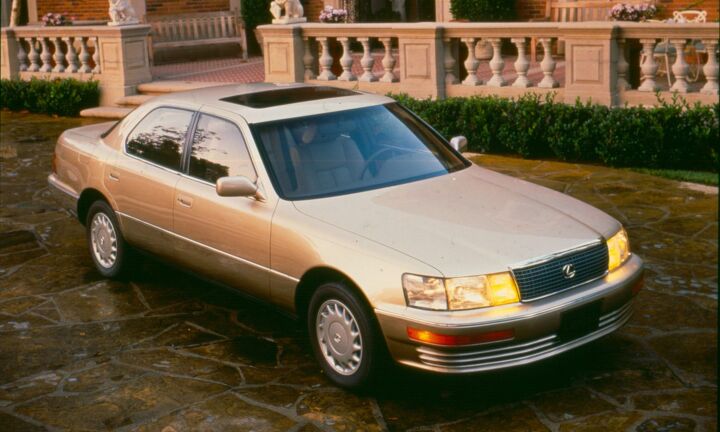















Recent Comments